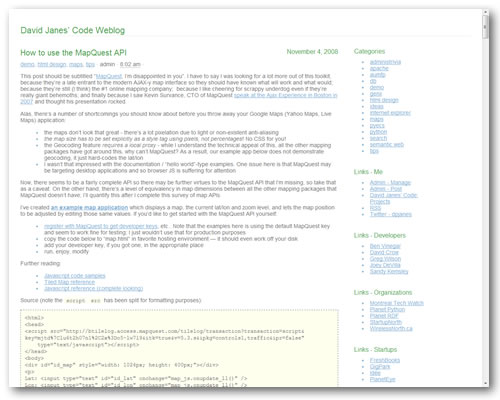No matter where Robert J. Moore went, he kept seeing lawn signs like the one pictured above. While visiting his parents in his hometown of Glassboro, New Jersey, he saw “Single? www.GlasboroSingles.ORG” signs. In Midtown Manhattan, he saw similar signs: “Single? www.FifthAvenueSingles.COM” signs. While travelling through West Windsor township in central New Jersey to do a guest lecture at Princeton, he saw “Single? www.WindsorSingles.ORG” signs.
Wondering why a dating services would target such tiny locales and why a website would promote itself with lawn signs, Moore started to do a little investigating and found a company with franchise offices spread across the United States making use of a “low-profile marketing machine” and a “data-driven technological infrastructure that supports it”. Using parked domains, plain-Jane lawn signs and data analysis, they’re making 8 figures of revenue yearly.
It’s an interesting article showing some fascinating detective work. I have to concur with the first comment submitted by a reader: Robert J. Moore is the Upton Sinclair of lawn signs!









 The folks from
The folks from 
